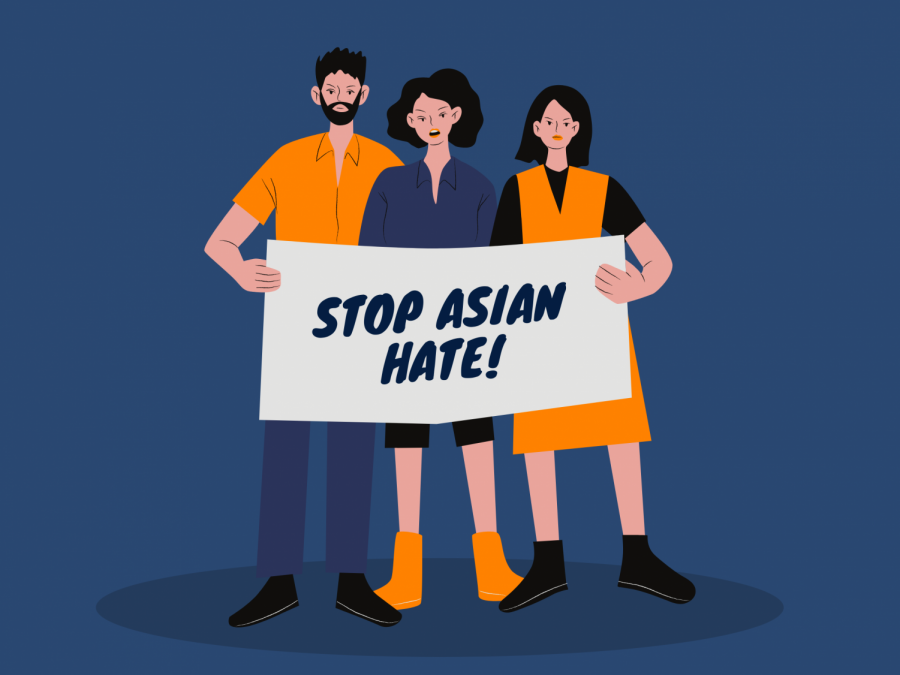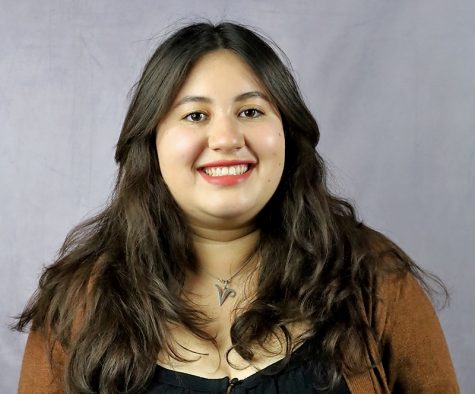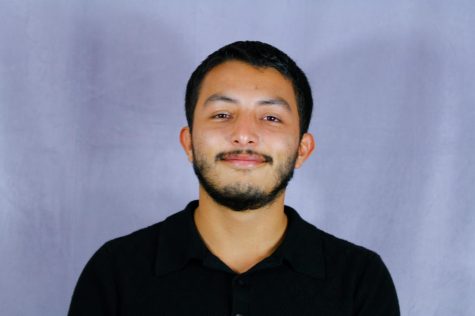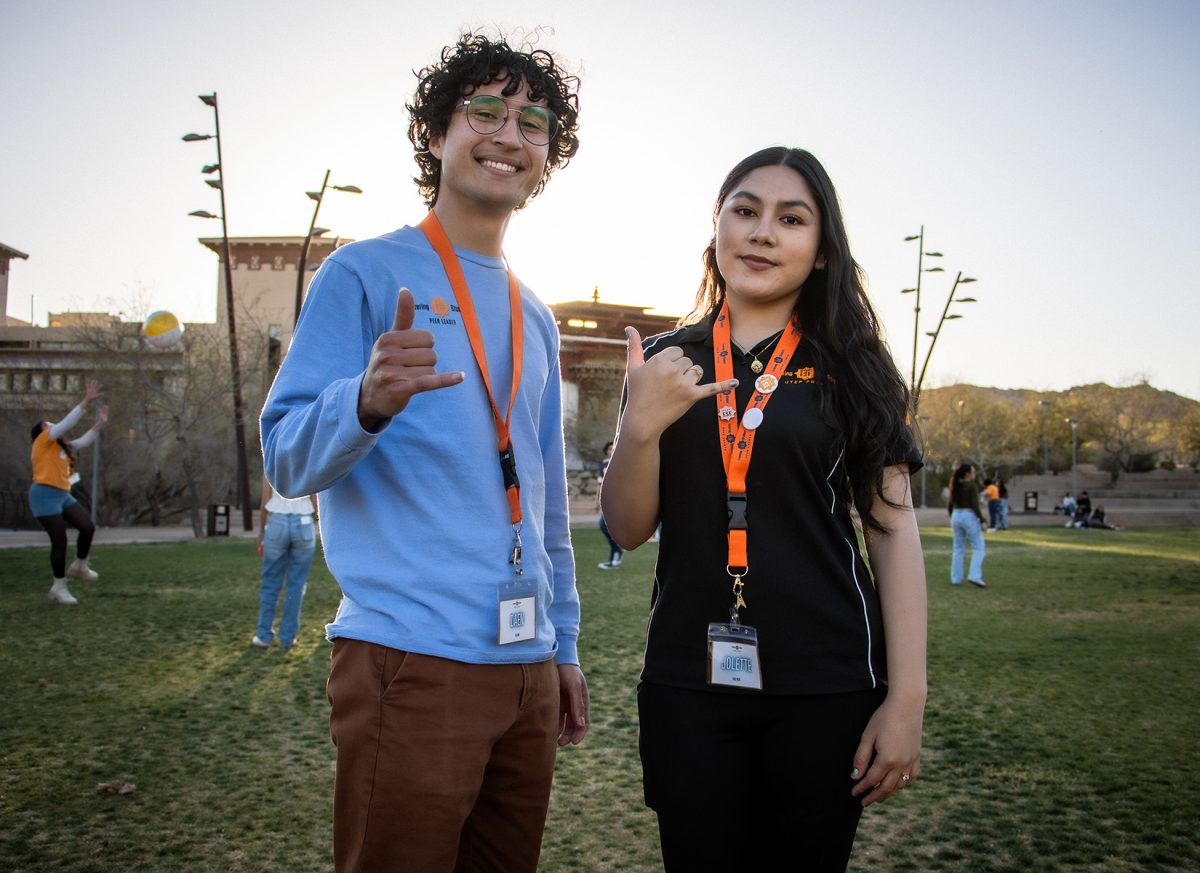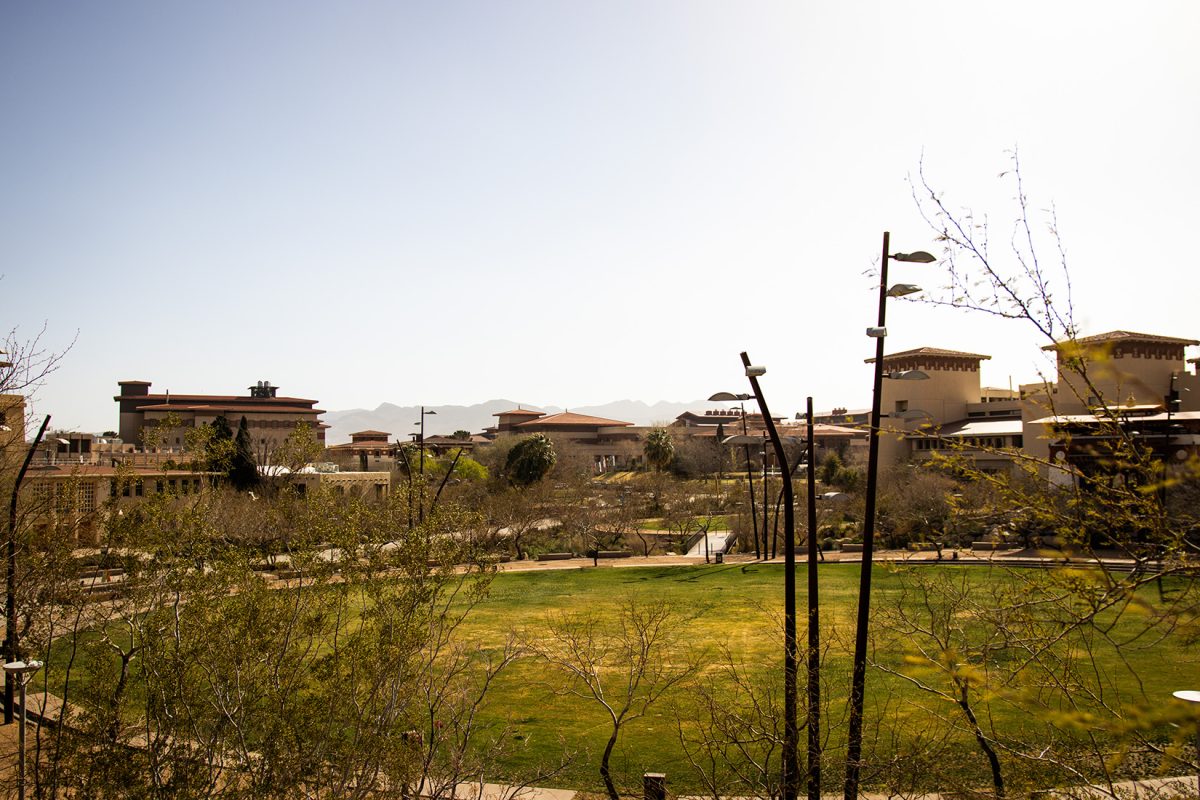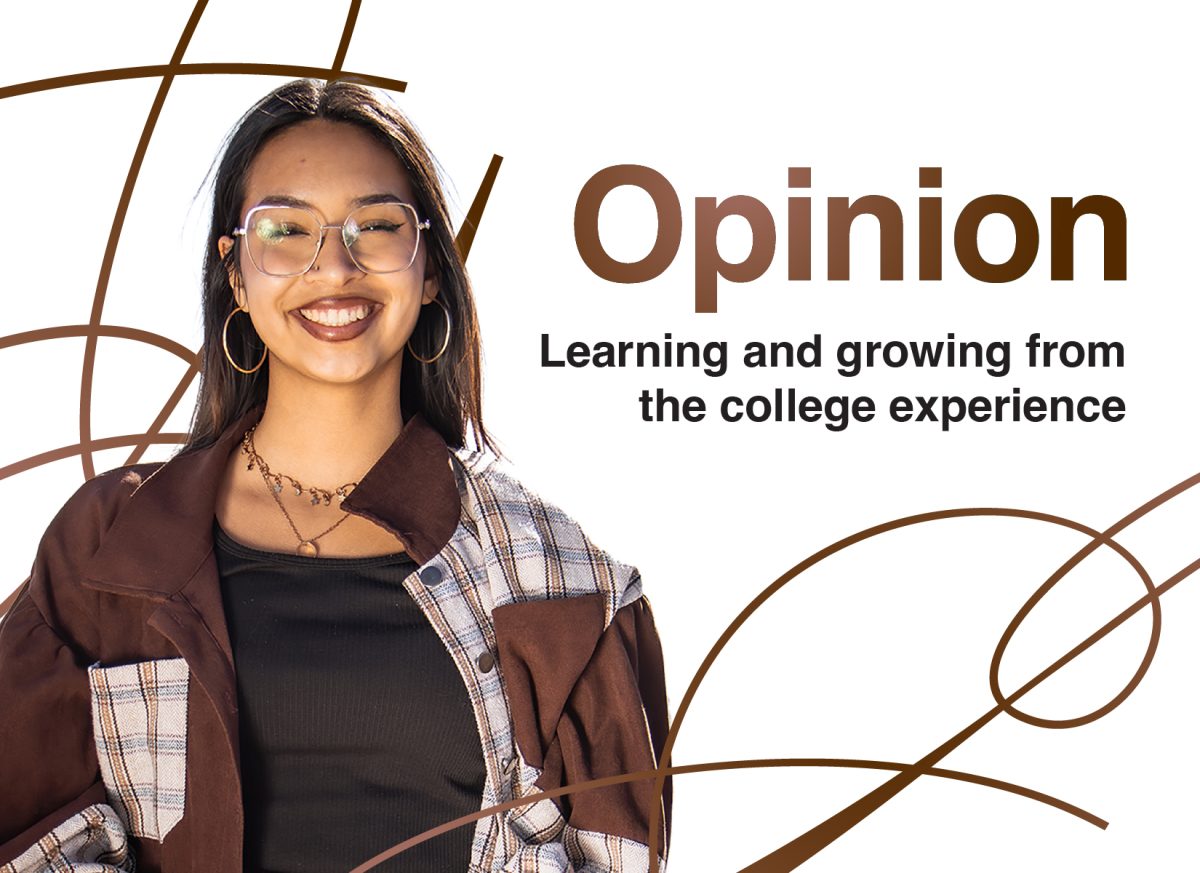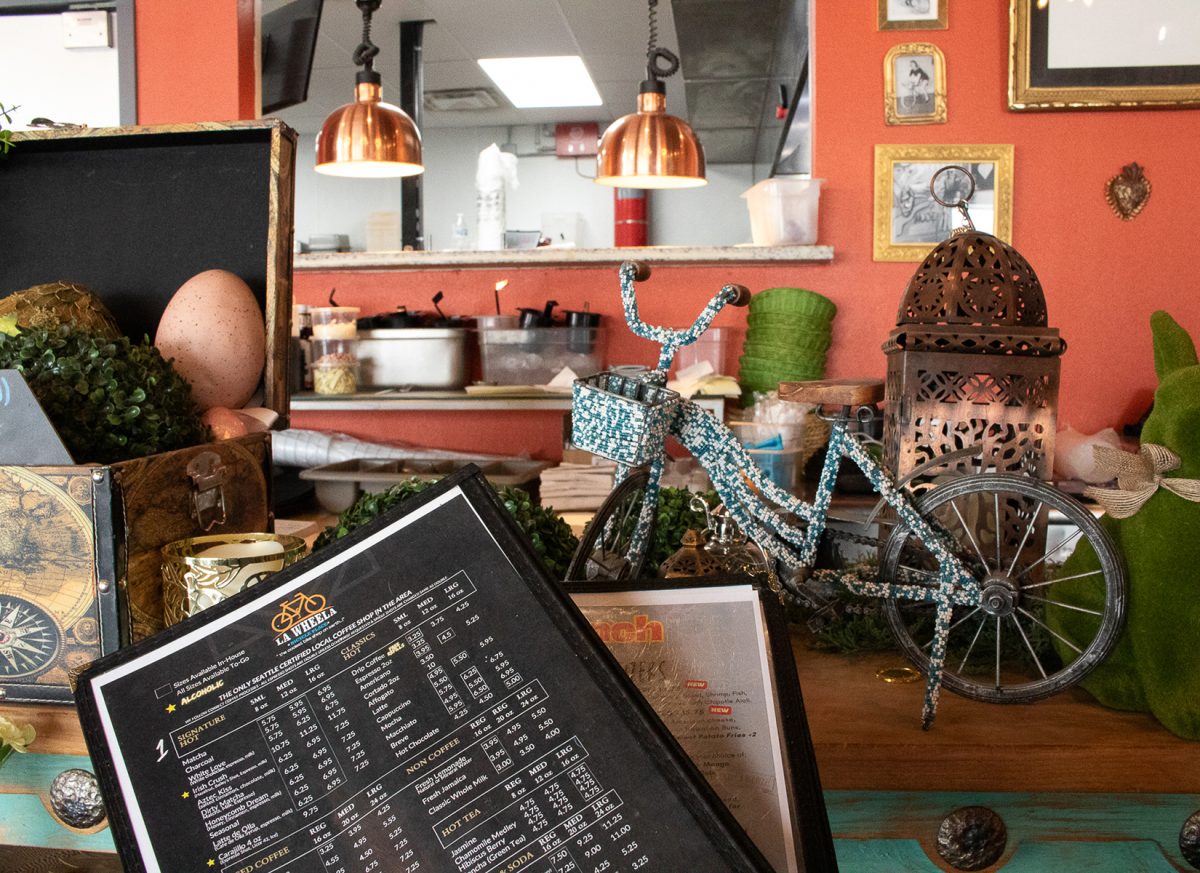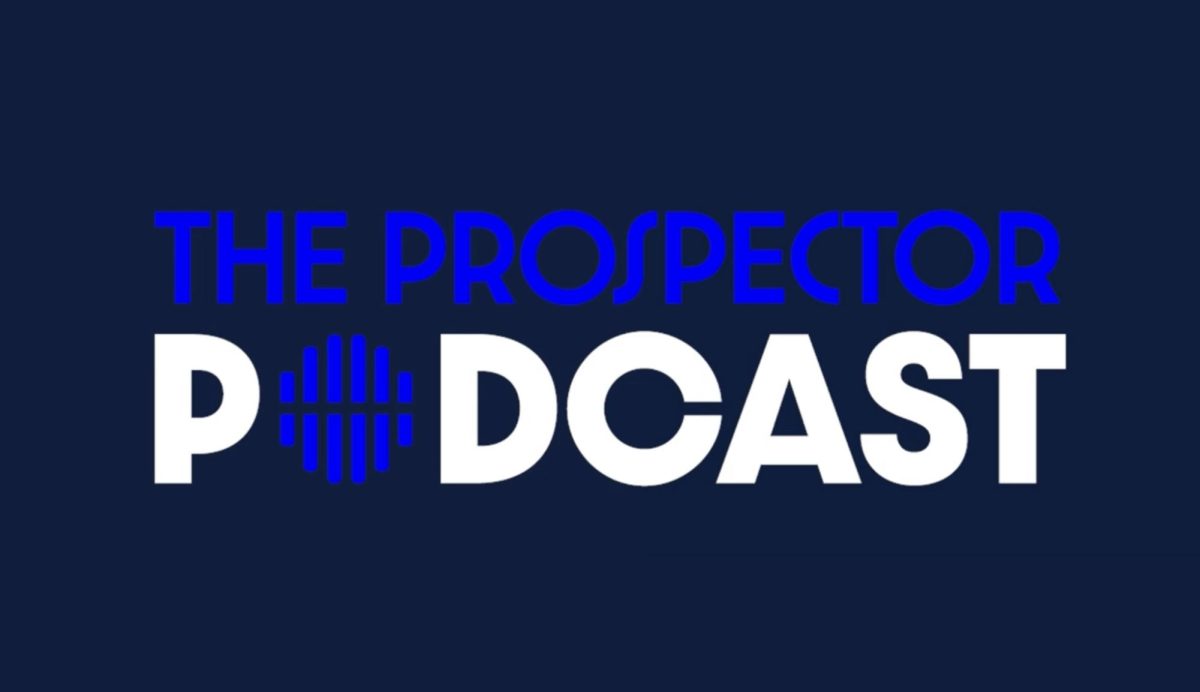UTEP faculty members discussed their own experiences with Asian hate in the borderland amid the aftermath of the Atlanta, Georgia shooting, resulting in the death of eight victims.
The shooting, which occurred on March 16, raised concerns of hate crime among the Asian community, after Robert Aaron Long, 21, opened fire at three different spas with six out of the eight victims being Asian women.
Long was found by police with a 9-millimeter gun and was charged with eight counts of murder and a count of aggravated assault in connection with the attacks. Long said he targeted the spas because he struggled with a “sexual addiction” and wanted to end with the “temptation.” He was planning on heading to Florida to commit a similar attack.
President Joe Biden responded by saying these attacks were “un-American” and “very troubling.” He expressed his sympathy towards the families of the Atlanta victims.
“I do want to say to our Asian-American community that we stand with you and understand how this has frightened and shocked and outraged all people,” Vice President Kamala Harris said.
UTEP professors have expressed their concerns over the rise of anti-Asian discrimination.
“Any violence against innocent citizens is unacceptable. It is tragic that we have lost so many lives to hideous hate crimes again and again,” said Wen- Yee Lee, Ph.D., UTEP professor of chemistry and biochemistry. “The recent attack in Atlanta is one of recent heartbreaking attacks on Asians.”
Other UTEP professors like Pei-Ling Hsu, Ph. D., professor of science education, believe more people should be educated about the topic to end with any anti-minority movement.
“I think the anti-Asian discrimination is an unfortunate and dangerous phenomenon. Any forms of discrimination would likely cause unfair hardship and painful suffering to human beings,” Hsu said. “We should help people increase this awareness and be proactive to prevent any discrimination incidents.”
According to the group Stop AAPI Hate, nearly 3,800 hate incidents against Asian-Americans and Pacific Islanders have been reported nationwide since March of 2020. Between March 19 and July 1, 2020, 63 incident reports of anti-Asian hate were made in Texas.
“The rise in anti-Asian is definitely real. After reading all those news, Asian people have fears, insecure feelings in general,” said Chuan (River) Xiao, Ph.D., UTEP professor of chemistry. “I remembered when the Walmart shooting happened at El Paso on Aug. 3, 2019; parents of my Mexican summer intern student from Juárez contacted me, asking their child to go back (to Juárez).This is the same feeling we, as Asians, have now.”
According to UTEP’s “Bhutan on the Border,” the university is the only institution in the U.S. whose architecture is inspired by Bhutan’s Kingdom in South Asia. All of UTEP’s 97 buildings are characterized by the classic Bhutanese design.
Many UTEP’s Asian professors agree that both Asian and Hispanic communities share many similar values and cultures.
“For example, both Asian and Hispanic people appreciate the value and importance of family relationships and cherish the close connections across different generations in a family,” Hsu said. “Thus, as an Asian, I feel connected and welcomed in a Hispanic community.”
Despite hosting its Bhutan Days celebration earlier in April, UTEP President Heather Wilson has yet to release a statement regarding the recent anti-Asian violence in the country.
Xiao and Hsu believe the university could provide more resources to the Asian community to maintain an inclusive and diverse culture.
“With the increasing anti-Asian hate crimes in the U.S., UTEP may consider offering special support for Asian faculty, staff, and students. Asian people are normally shy for asking help, especially as a minority who can be extremely vulnerable,” Hsu said. “Particularly, I worry about our UTEP Asian students who might encounter hate crimes during this difficult time and might not know where or how to get help or support.”
According to UTEP, the Campus Advocacy, Resources and Education (CARE) office seeks to empower students who have been impacted by any crime by providing private advocacy, resources and supportive services. UTEP’s Counseling and Psychological Services encourages all those traumatized by ongoing news reports of violence toward others to call the Miners Talk Crisis Line at 915-747-0291.
“Today, they can devilize Asians; tomorrow, all the minority will suffer if we don’t speak out for each other,” Xiao said. “Although we might not have anti-Asian events at UTEP, as an institute with strong impact to the whole city of El Paso, UTEP should lead and stand strongly against discrimination of any minority groups.”
Victoria Rivas may be reached at [email protected]; @VicRivas_18 on Twitter.



